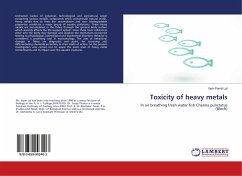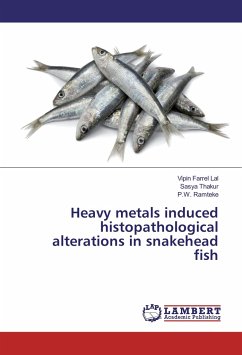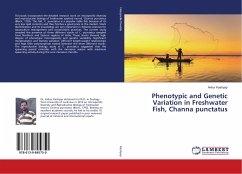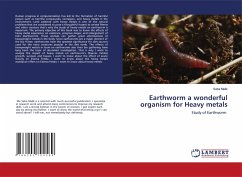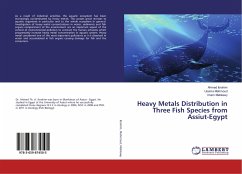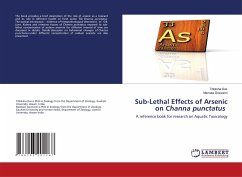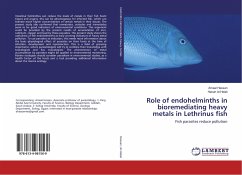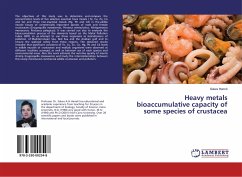Untreated wastes of industrial, technological and agricultural origin containing various metallic compounds often contaminate natural water. Heavy metals due to their bio- accumulative and non- biodegradable properties constitute a major group of aquatic pollutants. These heavy metals are accumulated in the fishes through the general body surface which severely affects the life support system. Once these toxic substances enter into the body they damage and weaken the mechanism concerned leading to physiological, pathological and biochemical disorders. Behavior is considered a promising tool in ecotoxicology. The uses of behavioral changes in fishes are diagnostic end point, for screening and differentiating chemicals according to their mode of action. So,the present investigation was carried out to assess the exact level of heavy metal contaminants and its impact over the aquatic creatures.
Bitte wählen Sie Ihr Anliegen aus.
Rechnungen
Retourenschein anfordern
Bestellstatus
Storno

